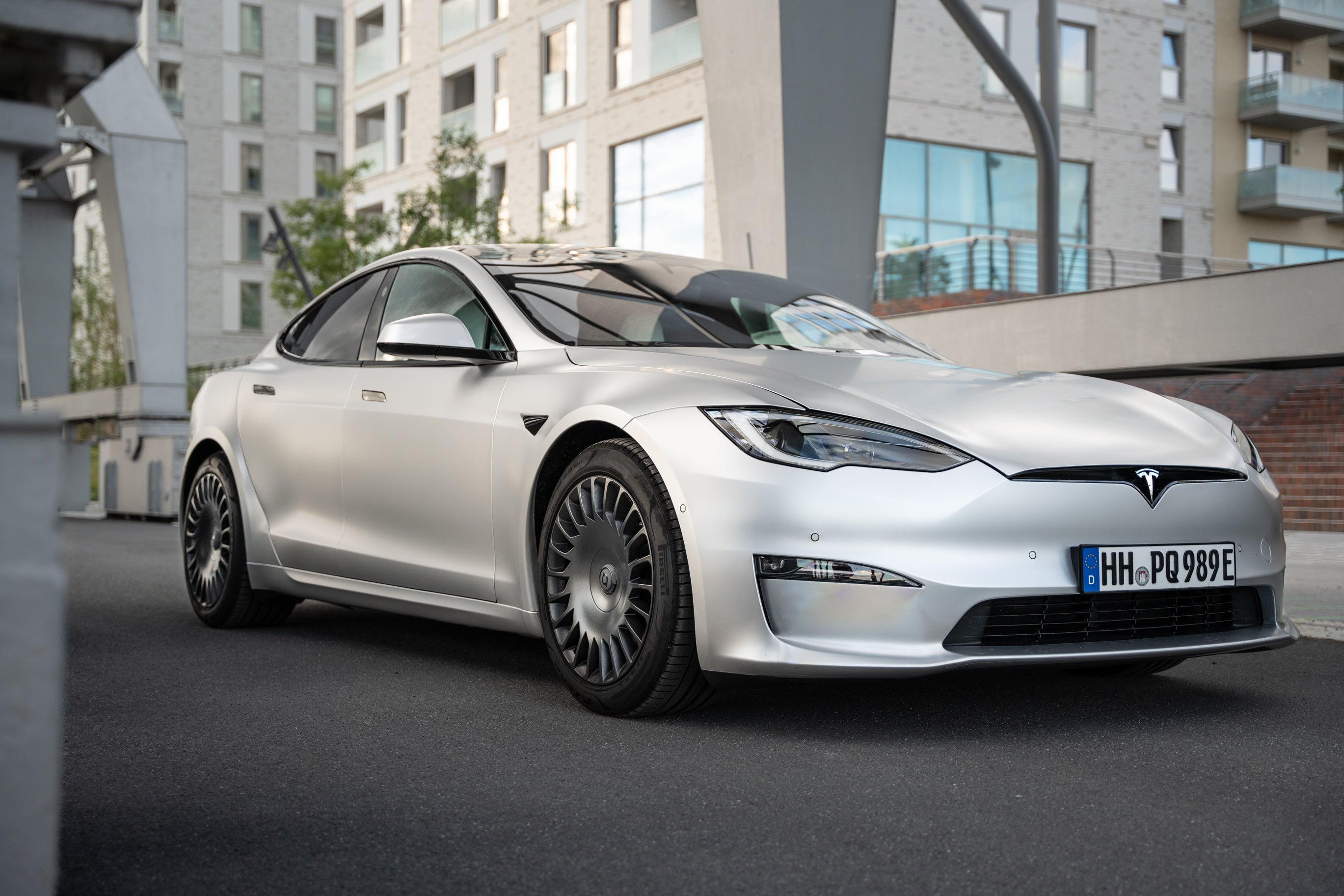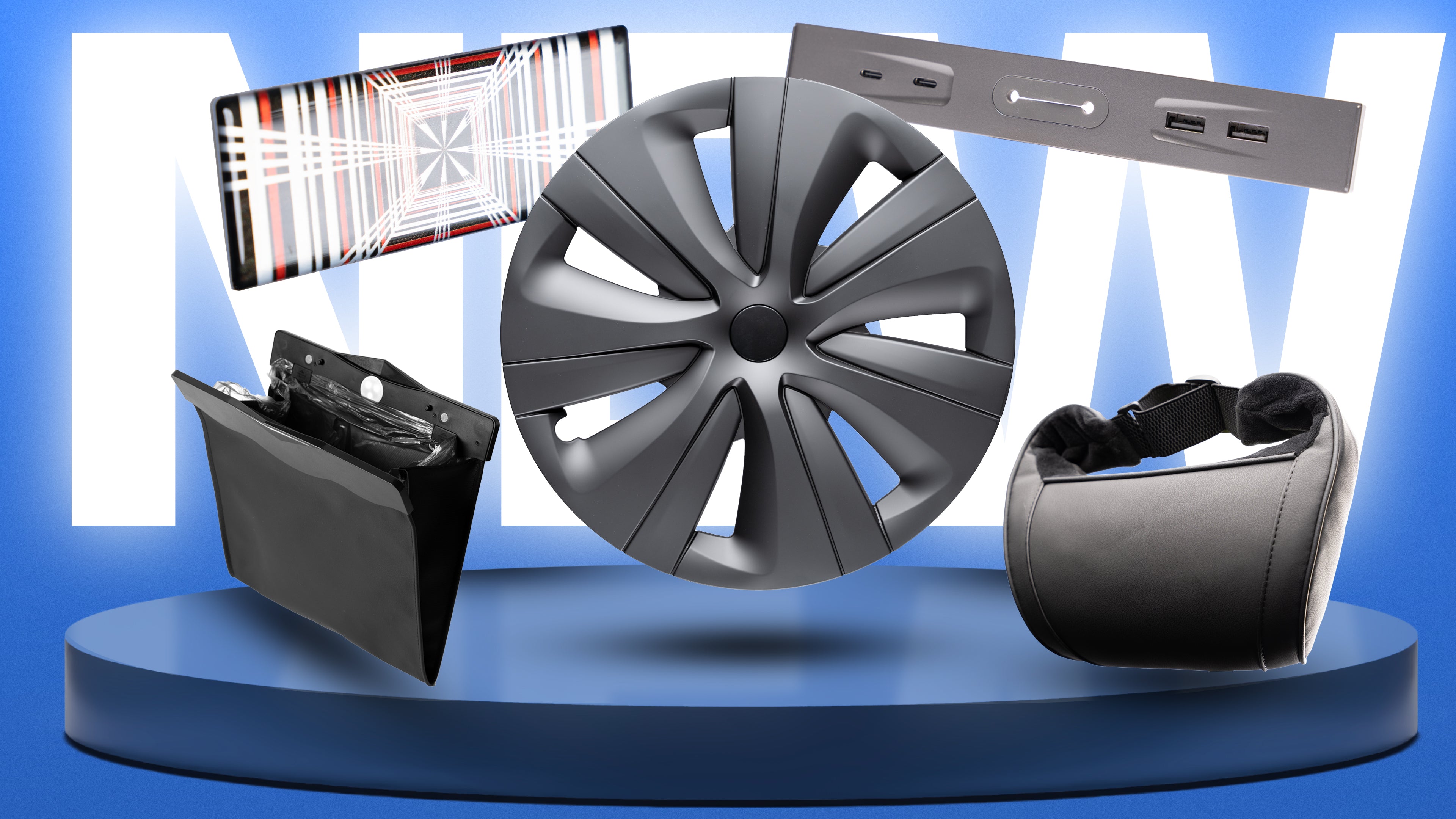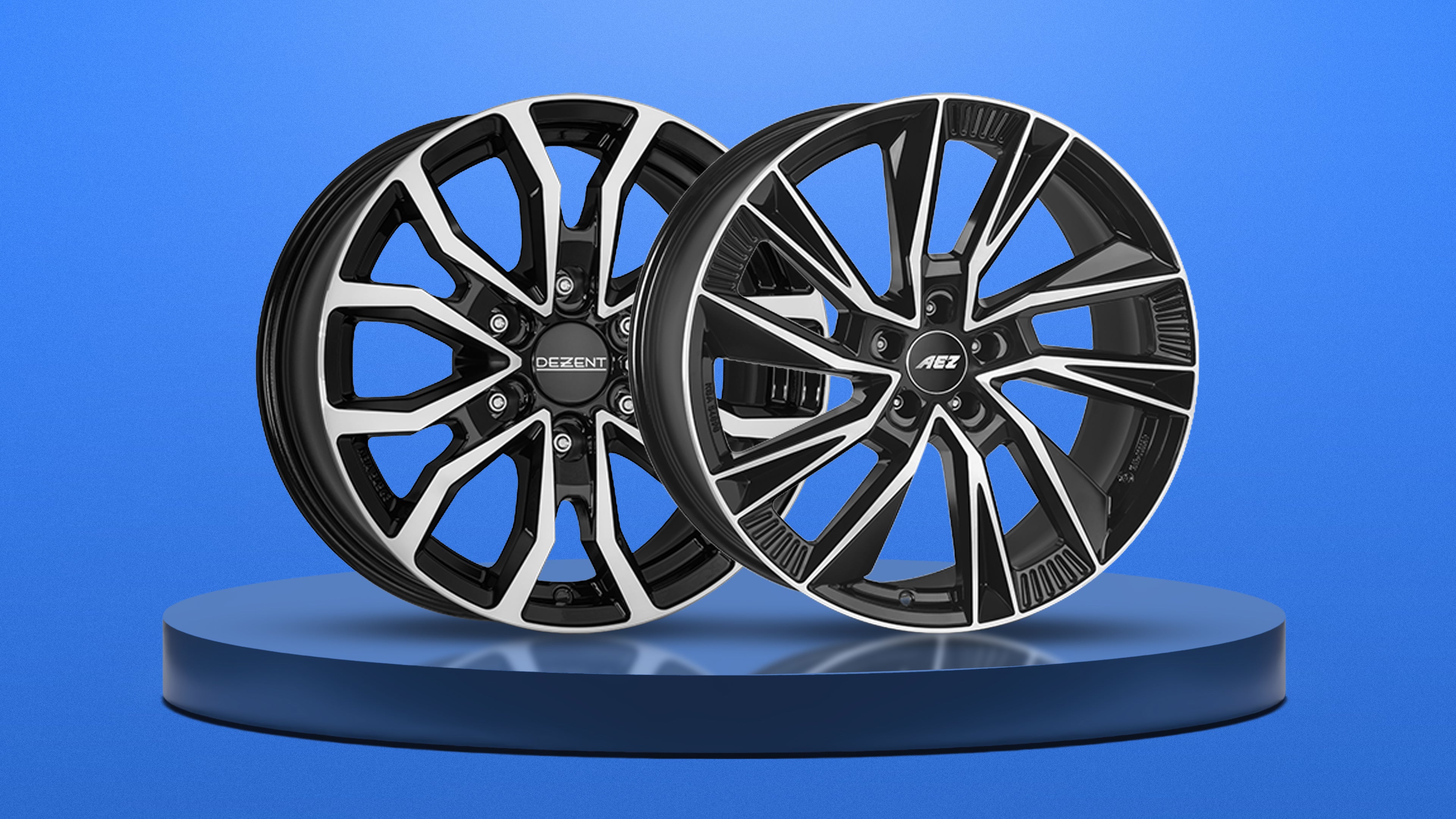Probably one of the most frequently discussed topics among electric car owners is the question of whether frequent fast charging of the high-voltage battery leads to increased wear of the battery cells. In other words: How much charge does the battery lose over time when fast charging becomes the preferred choice?
Current results are now provided by a new study by Recurring Autoin which the charging data of more than 12,500 Tesla vehicles in the USA was analyzed in detail. The company, which specializes in vehicle and battery analysis for electric vehicles, looked at vehicles that use fast charging to charge their batteries at least 90 percent of the time and compared them to vehicles that only use fast charging less than 10 percent of the time. The results show that the differences between the two charging strategies are minimal to nonexistent.
However, the choice between DC and AC is not the only factor that can affect the future state of the battery. Equally important are factors such as extreme temperatures, which can affect cell performance, and the risk of charging too low or too high - a problem that can increase battery resistance and put unnecessary stress on the battery.
Recurrent's findings also show that the robust thermal management systems, voltage regulators and battery monitoring systems that electric car manufacturers have put their development energy into are effective in protecting batteries from damage caused by repeated use of fast-charging stations. For a long battery life, activating preconditioning both in the hot summer months and in the freezing cold is of great importance, as it brings the cells to the optimal operating temperature even before the charging plug reaches its destination.
Source: Recurring Auto








































